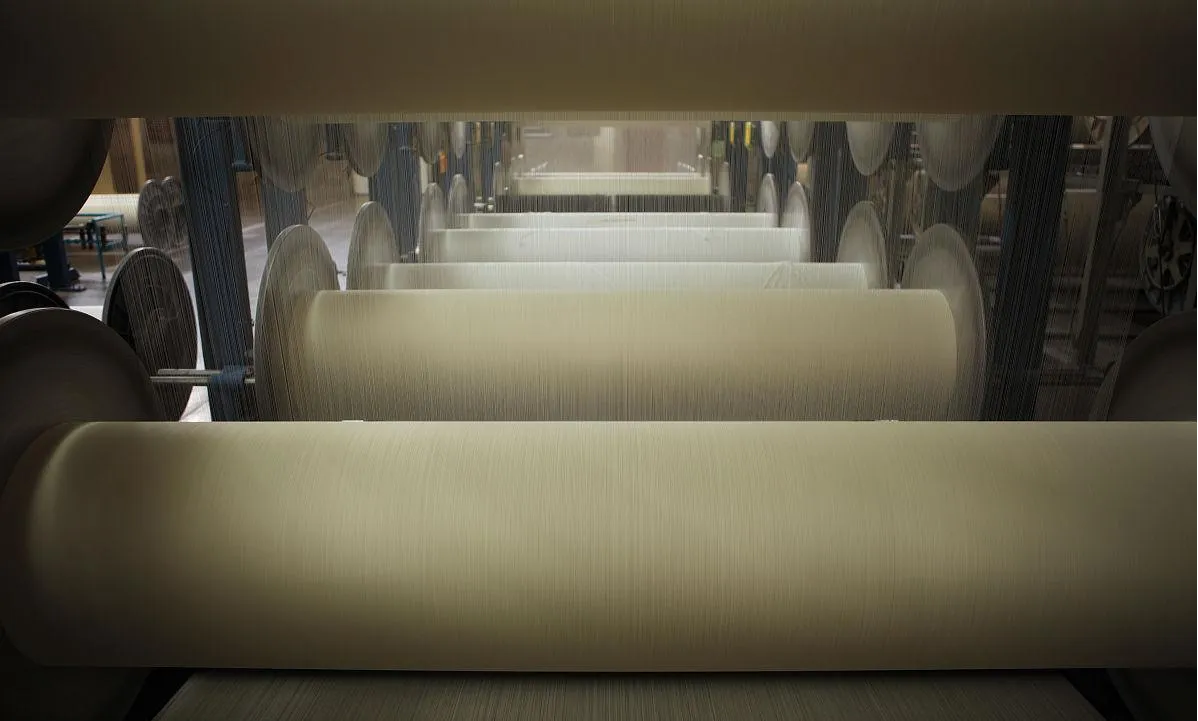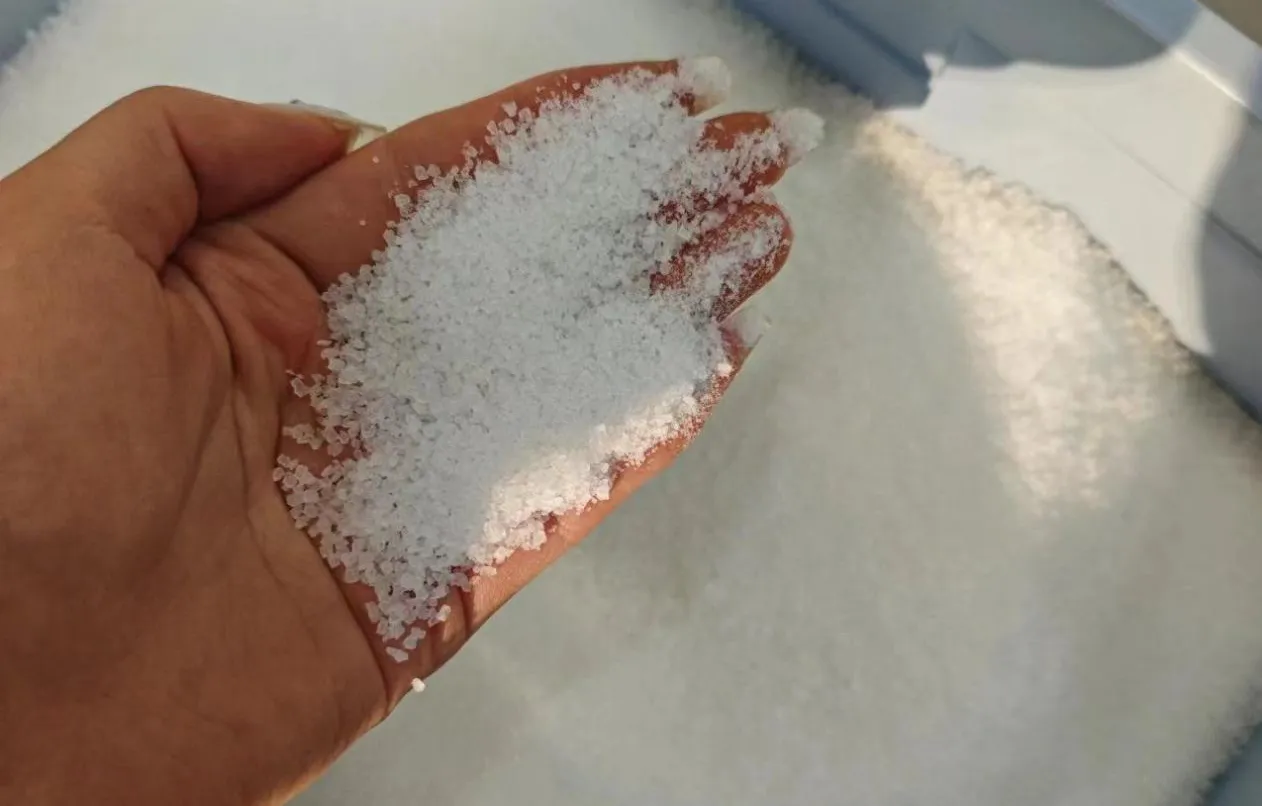
Unlocking the Versatility of Polyvinyl Alcohol in Modern Industry
In today’s rapidly evolving industrial landscape, materials that offer versatility, performance, and sustainability are in high demand. Among them, pó de álcool polivinílico (PVA) has emerged as a standout, thanks to its wide-ranging applications across textiles, construction, and packaging.

Polyvinyl Alcohol: A Multi-Purpose Material with Expanding Demand
With growing searches for PVA for sale, businesses and researchers alike are showing increased interest in this highly adaptable compound.
One of the common questions is, "Is polyvinyl alcohol plastic?" The answer lies in its unique chemistry. Though derived from synthetic polymers, PVA is water-soluble and biodegradable, distinguishing it from traditional plastics. This quality makes it particularly appealing to industries seeking eco-friendly solutions.
For those exploring technical applications or academic studies, a comprehensive PVA PDF can serve as an essential resource. Such documents typically cover safety data, material properties, handling instructions, and case studies in multiple sectors.

Polyvinyl Alcohol Uses in Textile and Beyond
Among the most impactful polyvinyl alcohol uses in textile is as a warp sizing agent. In weaving, PVA improves the strength and elasticity of yarn, allowing for smoother processing and reduced breakage. Its film-forming ability ensures that fabrics maintain their shape and finish, making it invaluable in both cotton and blended textile manufacturing. Moreover, since PVA is easily washable, it doesn’t leave residues on the final product, maintaining fabric purity and softness.
Another field benefiting from PVA’s adaptability is adhesives and emulsions. Specifically, polyvinyl acetate emulsion uses include paper bonding, wood glue, and textile finishing. Polyvinyl acetate (PVAc), often derived from or used in combination with PVA, is valued for its strong bonding strength, non-toxic nature, and quick drying time. These characteristics make it a staple in both industrial and household adhesive products.
In addition to textiles and adhesives, PVA also finds uses in paper coatings, 3D printing, pharmaceuticals, and food packaging. As more industries move toward sustainability, biodegradable materials like PVA are becoming even more vital. This trend contributes to the steady rise in global demand and an uptick in suppliers listing PVA for sale across B2B platforms.

Choosing the Right PVA: What to Consider
Selecting the right grade and type of pó de álcool polivinílico involves understanding its viscosity, particle size, and degree of hydrolysis. For instance, fully hydrolyzed PVA offers higher bonding strength and water resistance, while partially hydrolyzed variants are better suited for applications requiring easier solubility.
When evaluating suppliers, always request a PVA PDF with detailed product specifications and safety information. This document can help ensure compliance with industry standards and optimize the material for specific applications.
In conclusion, whether you're exploring polyvinyl alcohol uses in textile, seeking eco-friendly polymers, or looking to understand is polyvinyl alcohol plastic, the evidence points to a future where PVA continues to play a central role. Its environmentally conscious profile and adaptability across industries make it a valuable addition to any manufacturer’s toolkit.
Frequently Asked Questions (FAQ)
1. What is the difference between polyvinyl alcohol and polyvinyl acetate?
Answer: Polyvinyl alcohol (PVA) is water-soluble and often used in textiles, adhesives, and packaging. Polyvinyl acetate (PVAc), on the other hand, is an emulsion used mainly in adhesives and coatings. Many polyvinyl acetate emulsion uses are derived from or supported by PVA.
2. Is polyvinyl alcohol safe for use in food and medical products?
Answer: Yes, PVA is generally recognized as safe (GRAS) by regulatory agencies when used in controlled amounts. It's commonly used in pharmaceutical tablets and capsules as a coating agent.
3. Can polyvinyl alcohol be recycled?
Answer: While PVA is biodegradable and water-soluble, traditional recycling doesn’t apply. However, it breaks down naturally in the environment, making it an eco-friendly alternative to conventional plastics.
4. Where can I find technical documentation for PVA?
Answer: Suppliers often provide a PVA PDF detailing product specifications, safety guidelines, and usage instructions. Always consult this document before use.
5. What industries commonly search for PVA for sale?
Answer: Textile manufacturing, packaging, construction, adhesives, and biomedical companies are primary consumers. With the increased demand for sustainable materials, more sectors are actively searching for PVA for sale.
-
Water Reducing Admixtures: Enhancing Concrete Performance with Polycarboxylate TechnologyNewsJul.29,2025
-
Uses Benefits and Market InsightsNewsJul.29,2025
-
Gypsum Retarders and Accelerators in Plaster ApplicationsNewsJul.29,2025
-
Understanding Anti-Foaming Agents: Types, Uses, and Applications Across IndustriesNewsJul.29,2025
-
Transforming Concrete Performance with Polycarboxylate TechnologyNewsJul.29,2025
-
Exploring Defoaming and Anti-Foaming Agents: From Wholesale Gypsum Set Retarder XYSJN1 to Coolant ApplicationsNewsJul.29,2025





















